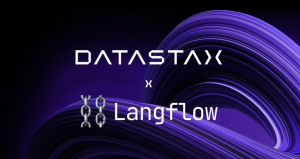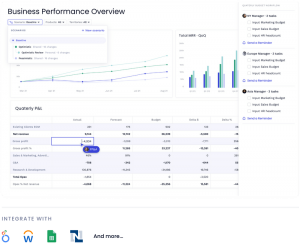Google Favors Android Partners, What Else Is New?
![]() When Google acquired Motorola Mobility, concerns regarding Google playing favorites grew. Though they have been doing this for quite some time now, reading an actual statement from Google regarding this still brought that “For real?!” factor, confirming what many already expected of the Mobility deal.
When Google acquired Motorola Mobility, concerns regarding Google playing favorites grew. Though they have been doing this for quite some time now, reading an actual statement from Google regarding this still brought that “For real?!” factor, confirming what many already expected of the Mobility deal.
As the Oracle vs. Google case ensues, documents submitted by Google in court created such a buzz due to the fact that it stated it favors partners who adhere to their specifications.
Florian Mueller’s blog site FOSS Patents gave a detailed view of the said document submitted by Google. In his post, he highlighted two entries that Google OEM partners should be concerned about.
- Do not develop in the open. Instead, make source code available after innovation is complete
- Lead device concept: Give early access to the software to partners who build and distribute devices to our specification (ie, Motorola and Verizon). They get a non-contractual time to market advantage and in return they align to our standard.
These statements actually pertain to how Google utilizes Android to generate money since the Android code is given away for free.
The first point is not something new as everyone knows that new versions are only released when they’re ready, they are not released to developers or device manufacturers ahead of time so they make their adjustments around the platform.
Point number two, though it’s not really new, is still a bit of a shocker, as they blatantly name two companies they favor. Google has been practicing the “lead device” wherein OEM partners bid as to who would be making and debuting the “lead device” that carries the newest version of Android. But with the above statement, one cannot deny that Google is clearly favoring Motorola, which isn’t a shocker, especially as they’re in the process of acquiring the company.
But what could this mean for other OEM partners? Will they have to sit on the sidelines every time Google has something new to launch and just wait to be handed morsels of leftovers? And if Motorola devices get all the updates and product launch first, this will drive more consumers to choose Motorola products, hurting the sales of other OEM partners.
An excerpt from Mueller’s post:
The key revelation is Google’s mentioning of a “time to market advantage”: it’s the competitive impact that matters here. The competitiveness of the Nexus phones was always very limited because they run what some call “stock Android” (the original Android code as Google itself publishes it) without the extensions that OEMs put on top. Those extensions, however, are very important to the user experience. And Google’s statement about the “time to market advantage” is an unequivocal commitment to distortions of competition in favor of preferred OEMs who would certainly not just sell “stock Android” but also put their own extensions on top (which is also what MMI will do post-acquisition). That’s why the Nexus always appealed to only a certain audience and didn’t constitute a fundamental threat to all other OEMs’ businesses. No one would stress a “time to market advantage” as an incentive if devices have other limitations that at least offset that factor.
The above statement clearly shows how Google will use Motorola to its advantage and how Motorola will greatly benefit from it. But others believe that Google favoring Motorola further will not likely happen, as making the “lead device” will go to the highest bidder and Google would most likely not give Motorola “lead device” to keep other OEM partners happy.
I honestly think that Google will favor Motorola more over other partners as they will be the only ones to strictly adhere to Google’s specifications. Others are already using Android as a base-platform with their own tweaks for almost everything according to their whim. Though Android is an open source, I believe that Google would still like Android to be recognized in their partner’s products and not be made to look like just an app.
A message from John Furrier, co-founder of SiliconANGLE:
Your vote of support is important to us and it helps us keep the content FREE.
One click below supports our mission to provide free, deep, and relevant content.
Join our community on YouTube
Join the community that includes more than 15,000 #CubeAlumni experts, including Amazon.com CEO Andy Jassy, Dell Technologies founder and CEO Michael Dell, Intel CEO Pat Gelsinger, and many more luminaries and experts.
THANK YOU









